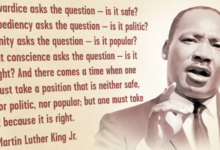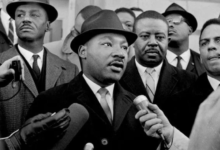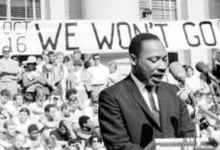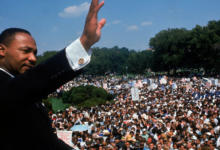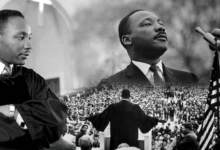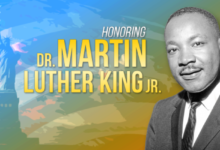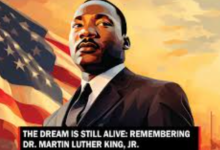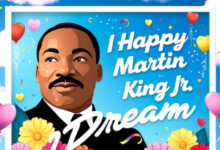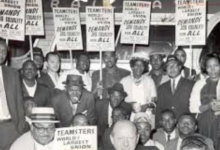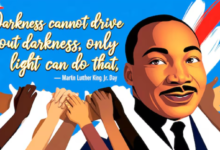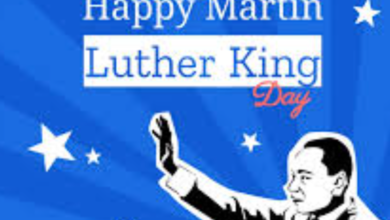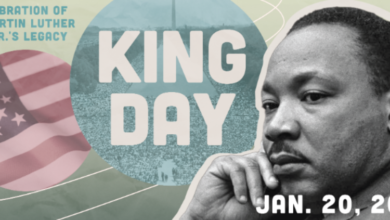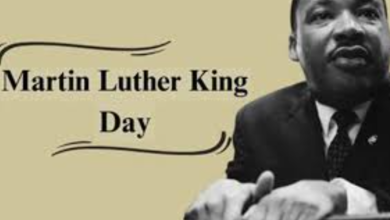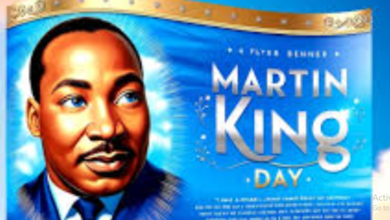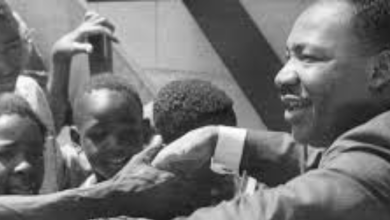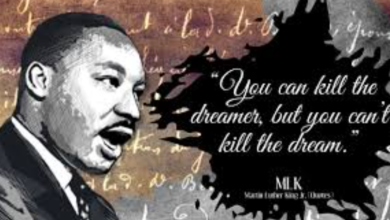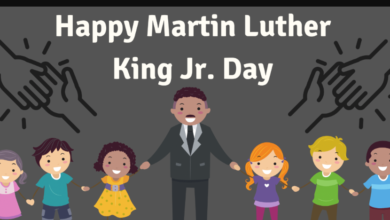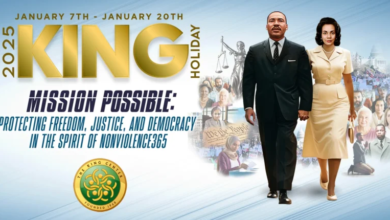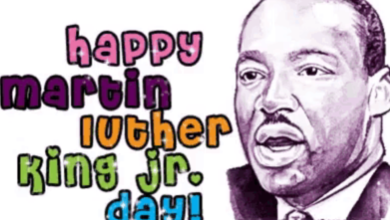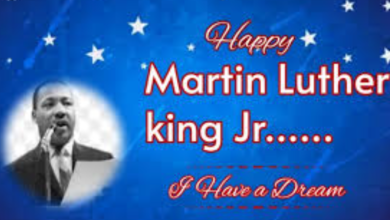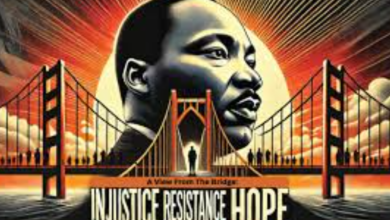Interesting Facts About Martin Luther King Jr
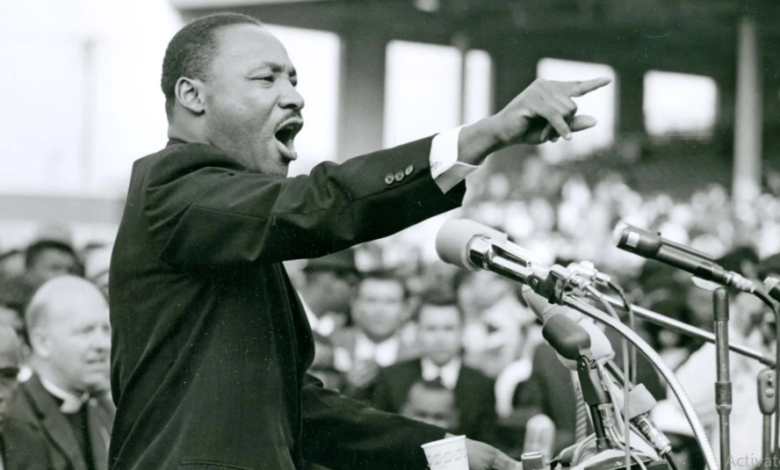
Martin Luther King Jr. is one of history’s most celebrated figures—a civil rights leader whose vision of equality and justice profoundly shaped the United States and inspired people around the world. While many know him as the powerful orator behind the iconic “I Have a Dream” speech or for his tireless activism, there’s so much more to King’s story. Here are ten fascinating facts about Martin Luther King Jr. that shine a light on the man behind the legacy.
1. He Skipped Grades in School
Martin Luther King Jr. was a prodigious student. He skipped both the 9th and 12th grades and entered Morehouse College, a historically Black institution in Atlanta, at just 15 years old. Despite his young age, he thrived academically and graduated with a degree in sociology at 19.
2. His Name Wasn’t Always Martin
Martin Luther King Jr. was originally named Michael King Jr. However, in 1934, his father, inspired by the Protestant Reformation leader Martin Luther, changed both his and his son’s first name to Martin Luther.
This change reflected the strong values of faith and reform that defined much of King’s life and work.
3. He Won a Grammy—Posthumously
While Dr. King wasn’t known for being a musician, he won a Grammy Award in 1971 for Best Spoken Word Recording. The award was given for a recording of his powerful speech, “Why I Oppose the War in Vietnam.” It’s a reminder of the enduring power of his words, transcending even the civil rights movement to challenge injustice globally.
4. He Was Arrested Nearly 30 Times
Dr. King faced constant adversity as he fought for equal rights. Over the course of his activism, he was arrested 29 times for acts of civil disobedience and on often baseless charges designed to suppress his efforts. Each arrest underscored his unwavering commitment to nonviolence and justice.
5. He Entrusted His Legacy to Coretta Scott King
Beyond being a civil rights leader, King was a devoted family man. His wife, Coretta Scott King, was a major pillar of support throughout his life and continued his work long after his assassination. Coretta played a central role in establishing Martin Luther King Jr. Day as a national holiday and founded the Martin Luther King Jr. Center for Nonviolent Social Change to preserve and promote his legacy.
6. King Was the Youngest Nobel Peace Prize Winner at the Time
At the age of just 35, Martin Luther King Jr. received the Nobel Peace Prize in 1964 for his work in combating racial inequality through nonviolence. At the time, he was the youngest person to have received the honor. King donated the prize money, amounting to more than $54,000, to the civil rights movement.
7. He Delivered Over 2,500 Speeches
Known for his eloquence and charisma, King delivered more than 2,500 speeches during his life. While the “I Have a Dream” speech is his most famous, he consistently inspired audiences with messages of hope, dignity, and equality. His speeches were carefully written and powerfully delivered, cementing his reputation as one of the greatest orators in history.
8. King Survived an Attempt on His Life Before His Assassination
Though many are familiar with King’s assassination in 1968, fewer know about the earlier attempt on his life. A decade earlier, in 1958, he was stabbed by Izola Ware Curry during a book signing in Harlem, New York. The blade came so close to his aorta that doctors warned if he had sneezed, the wound would have been fatal. King often referenced this incident, reflecting on how his survival motivated him to continue his mission.
9. He Was an Advocate for Economic Justice
While King is often remembered for his fight against racial inequality, his advocacy extended to economic justice. His final years were heavily focused on the Poor People’s Campaign, which aimed to address systemic poverty affecting Americans of all races. He believed that combating economic injustice was a crucial part of creating a truly equitable society.
10. Martin Luther King Jr. Day Faced Opposition in Congress
Despite his monumental impact, the creation of Martin Luther King Jr. Day as a national holiday faced significant opposition. It wasn’t until 1983—15 years after his assassination—that President Ronald Reagan signed the holiday into law. Even then, some states resisted recognizing the day until the 1990s, showing how hard-won the celebration of King’s legacy was. Today, it stands as a reflection of his enduring influence.
